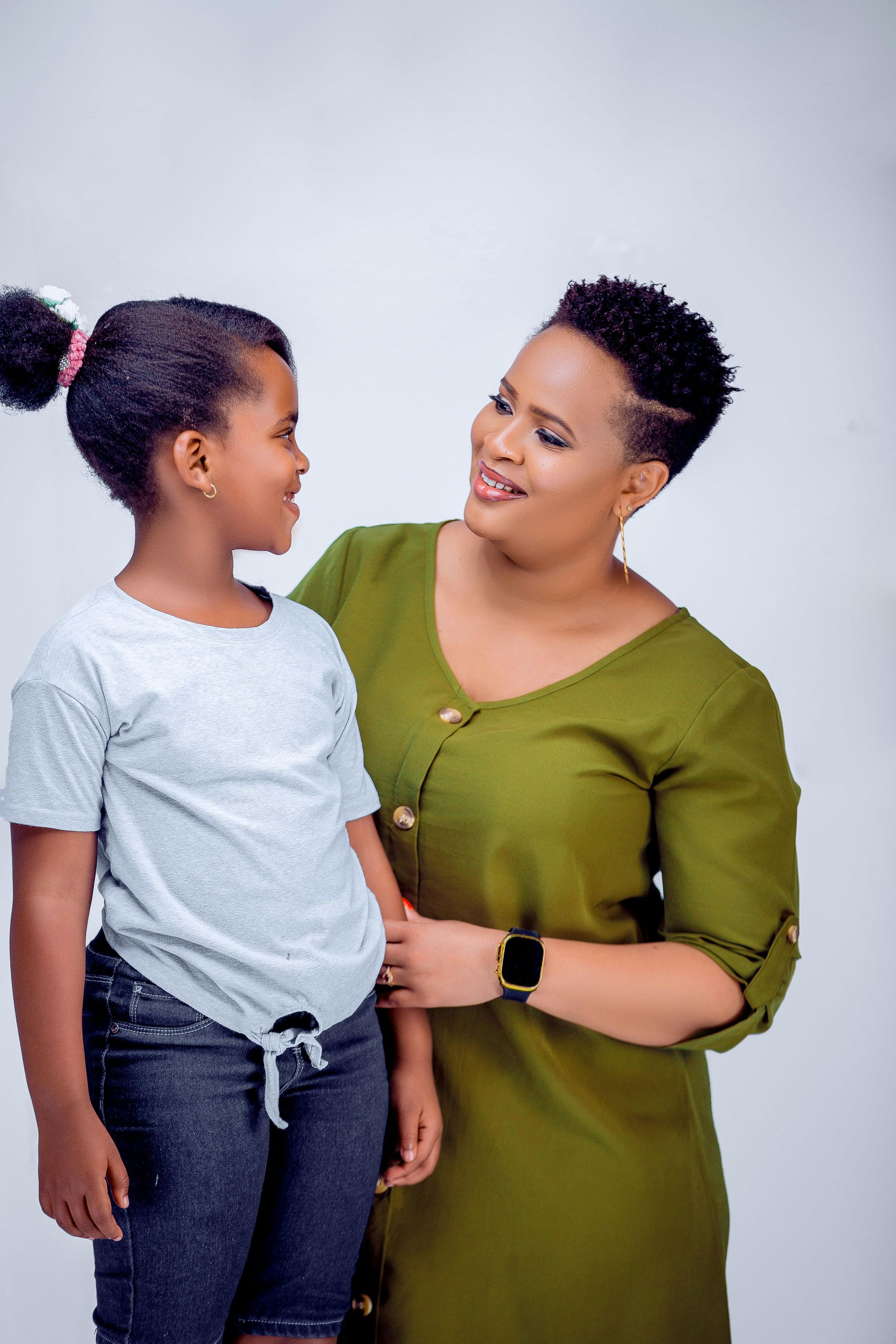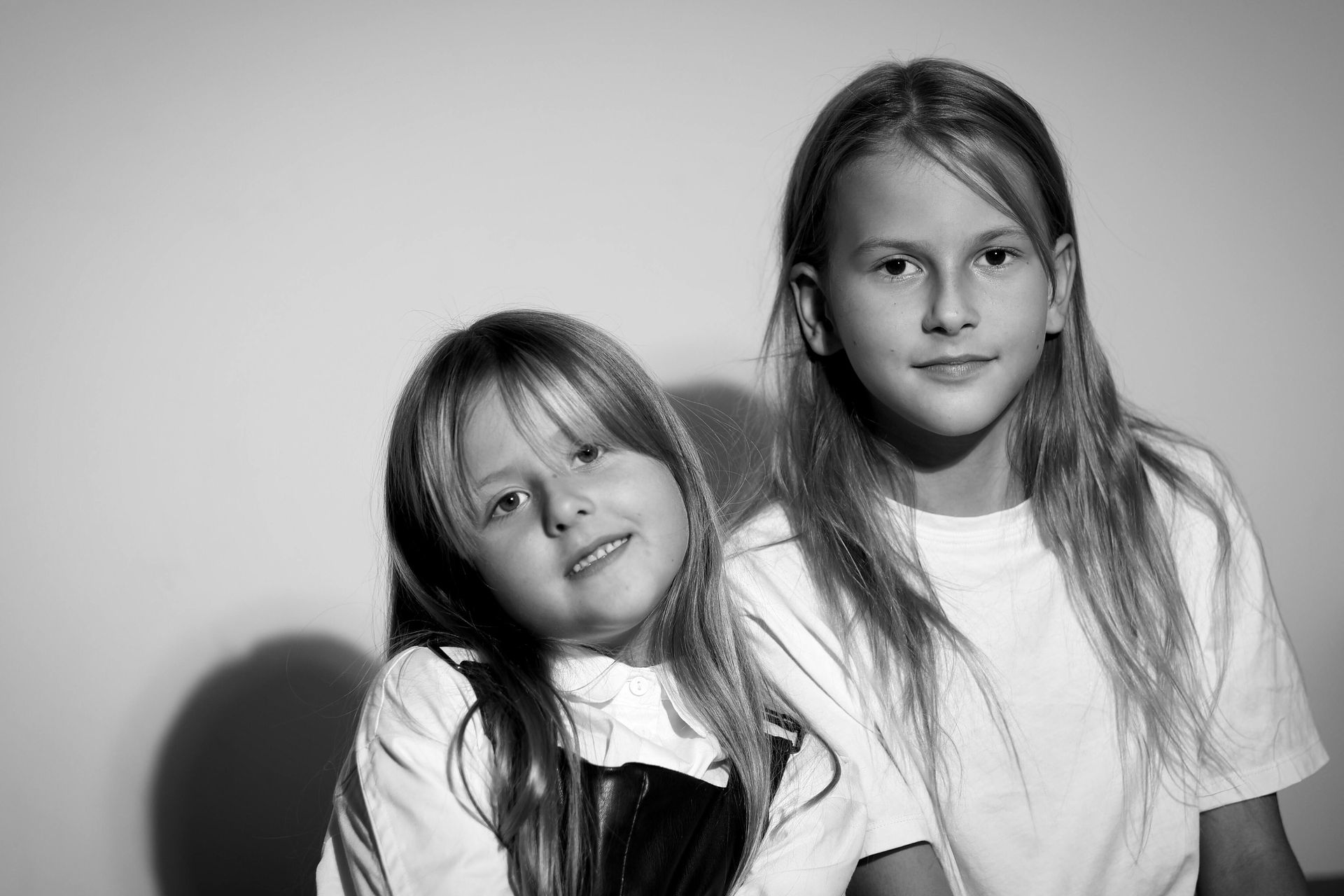The Centers for Disease Control defines an adverse childhood experience (ACE) as a negative event that happens before the age of 17. Examples of ACE include:
· Experiencing or witnessing violence, abuse or neglect
· A family member who dies by suicide or is sent to prison
· Substance abuse or mental health problems
· Instability in the household because of separation or divorce
There’s a 10-question test that can evaluate a person’s ACE score. The higher the score, the greater likelihood of long-term adverse effects occurring in adulthood. While nearly everyone has an adverse experience (or two), certain factors, such as poverty, the time span of the ACE, poor education and the use of corporal punishment are aggravating factors.
Loss of a Parent
The lowest common denominator of the ACEs listed above is the child’s real or perceived loss of a parent. This can take many forms, and almost all forms touch upon divorce. Violence, neglect, prison and poverty are all direct causes of divorce. Conflict, turmoil and substance abuse or mental health troubles are almost always involved in a divorce. To a child, the actual status of their parents as “divorced” is less important than a parent’s non-availability for a nurturing relationship.
The longer the unavailability lasts, the harder it is to overcome. Many children are relieved when their parents finally separate or divorce. But those same children are usually worn out by all the loss and drama leading up to the divorce.
Divorce is not positive for children — but it needn’t ruin the rest of their lives. Here are some practical ideas to mitigate an ACE.
The Big Announcement: Set the Tone
Children are insightful and can sense when something big is looming. Despite the children’s awareness of their parents’ fights and misery, the formal divorce announcement is the fulfillment of their worst fears. They’ll remember it for the rest of their lives.
Parents can set the tone for the future by how and what they tell their children. Timing, content and the setting are all critical.
Timing
Allow enough time for the children to process their immediate feelings in privacy. The worst timing I’ve seen took place when the parents told their 9-year-old daughter that they were divorcing immediately before her friends arrived for a sleepover. The child was devastated and had to face her friends in tears. Everyone felt uncomfortable and one friend wisely asked to go home. The parents mistakenly thought the sleepover would distract their daughter from this major life event. Spoiler alert: It did not.
Friday after school is usually best, provided a quiet weekend is starting. Children need time to absorb, react and ask questions.
Have a Script for Content
Some parents tell their children that the other parent is leaving them; this is a high crime against the family. The parents should tell the children — together as a family — and have a script of what to say and not say. The children should be told it’s not their fault, that they’re all still a family, and that both parents will always love them very much. The practical issues should be worked out in the script; children are literal beings and need specific details such as who is going to move, who will be taking care of them each day, and what changes will take place
immediately. Will they get to keep their dog? Will they have two sets of clothes? What if they forget their homework at the other house? Will they still go camping on spring break?
Answer questions honestly and don’t be afraid to say, “We don’t know yet.”
Setting
The parents should tell the children together, and both should have their feelings under control. It usually should take place at home as a family meeting. The announcement will cause a wave of feelings that will likely ebb and flow for the next several days. Both parents should be available to the children during this time.
The First 90 Days After Separation
This is an acute period for the children. Their world has shifted and they’re usually afraid or worried about the future. Both parents should monitor their children closely during this time.
Some children will develop sleep problems, bed-wetting or loss of appetite. They may lose interest in outside activities. Their grades may drop.
All these symptoms should be taken seriously, and the child may need counseling or some type of medication. It’s crucial that the parents not involve their children in their own fears and worries yet provide an example of calm leadership.
The in-fighting between the parents should be handled privately, without the knowledge of the children. Exchanges are notoriously difficult at this stage, and the parents should not discuss anything during exchanges. Modifications to the schedule, forgotten schoolwork and details about upcoming school events should be handled between the parents, preferably by text or on a parenting app. The children need to see things go as planned.
It’s important not to involve a new partner in the children’s lives until both they and the new reality have stabilized. New partners should neither be present for the exchanges of the children nor be participating in the parental communications.
Cruising Altitude and Conflicted Loyalties
Soon a pattern will emerge where the children will learn their new routine and the set-up inside of each parent’s home. A big risk during this period is that the children may feel disloyal if they like one aspect of a parent’s home better than the other, or if the parents compete to be their children’s favorite.
Children should be free to feel what they feel and express it openly with both parents. Most divorced parents who continue to struggle take everything that the child or other parent says or does personally. For example, if a child wants to get dressed for an event at one parent’s house instead of the scheduled parent’s house, then the adults should not take offense. There will be thousands of parenting opportunities for both parents; one day simply does not matter.
The Long Haul
Everyone’s life should improve after the divorce; otherwise, just stay married. If, after a year, routines have not stabilized, the children have not returned to their previous level of achievement and adjustment, or the parents are returning to court for parenting issues, then both parents should seek professional counseling for themselves. If the parents cannot control themselves and lead by example, divorce will certainly become an ACE with long-term negative consequences.
Assuredly, nobody wants that.
More Family Law Blogs
by Anne Harvey









